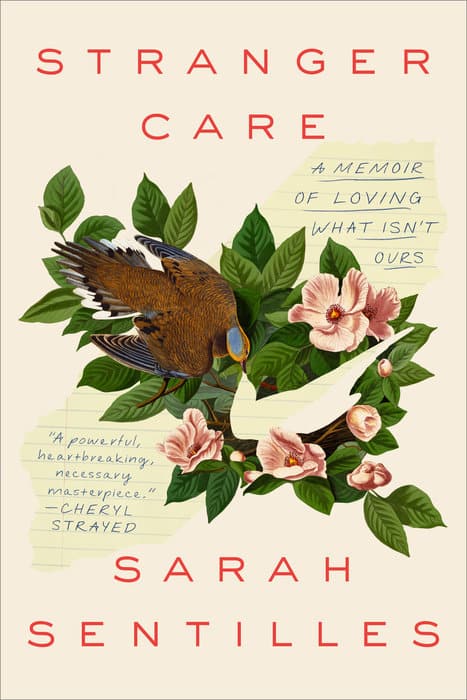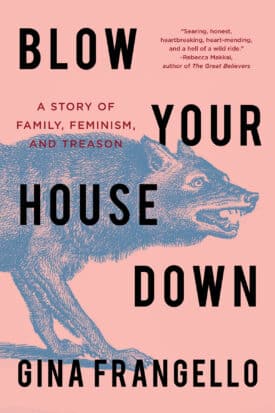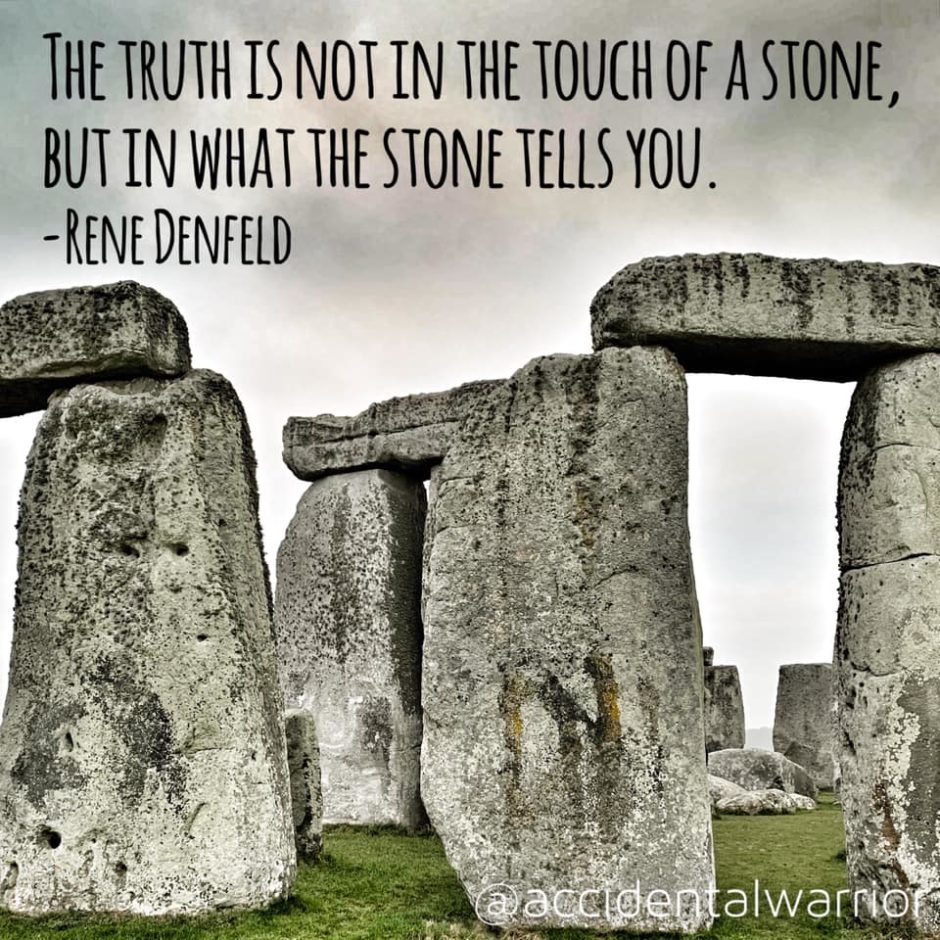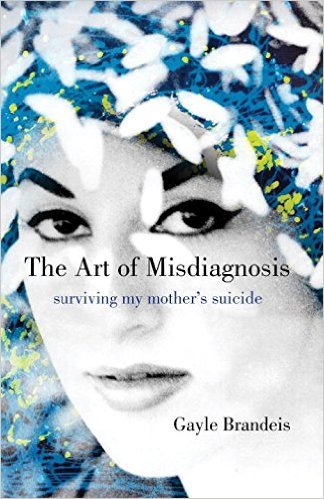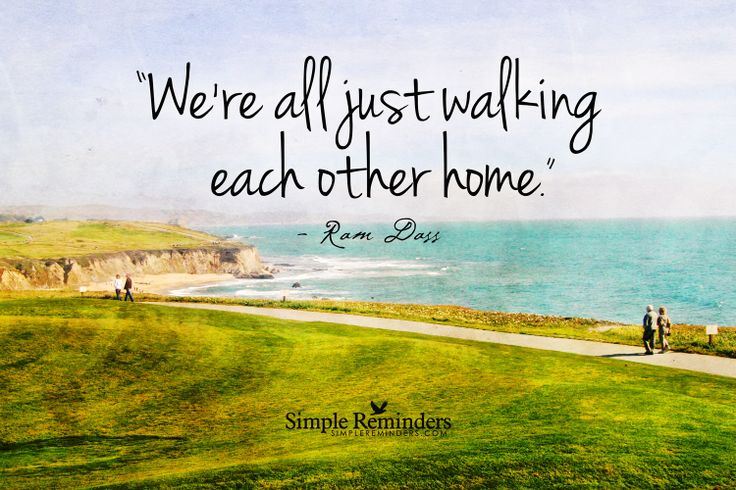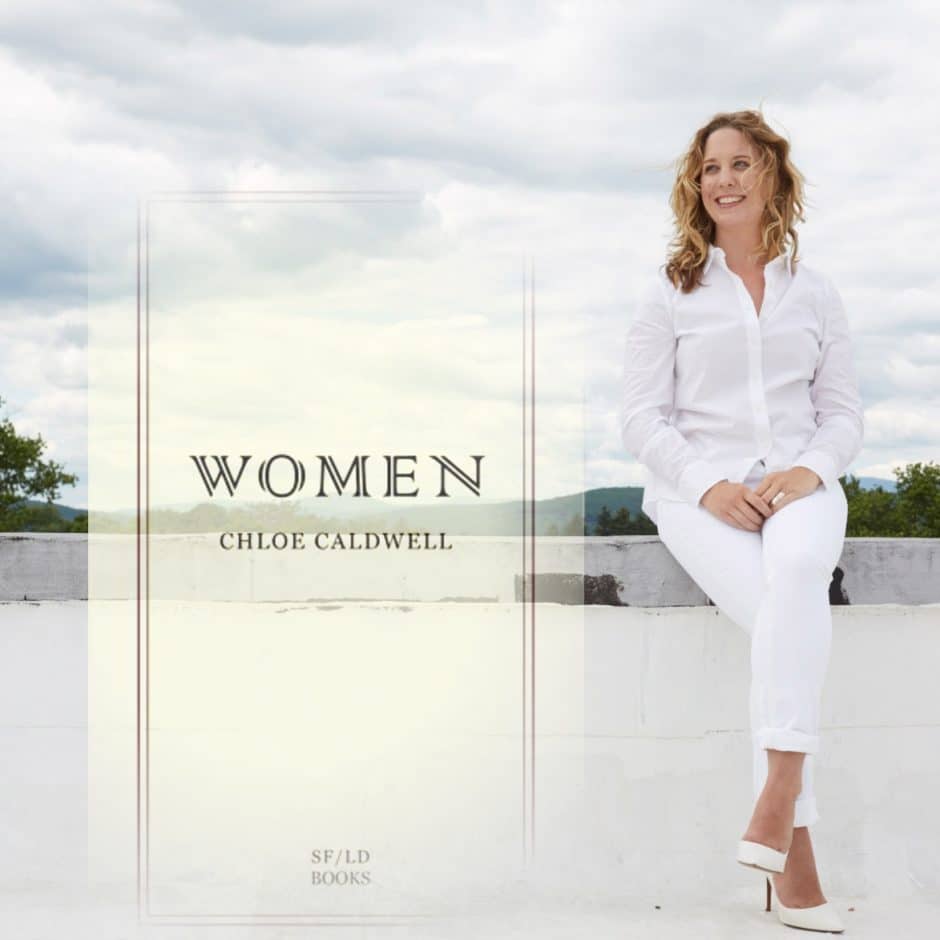Readers, writers, Angela here to let you know that one of our favorite humans, Sarah Sentilles, has an amazing opportunity available! Pre-order a copy of her book, Stranger Care to get exclusive access to a one-hour generative writing workshop via Zoom on May 25th at 7pm eastern time. If you register for the workshop and can’t attend, a recording of the event will be available.
Wait, so who is Sarah Sentilles?
Sarah Sentilles one of a handful of writers I am always eager to work with. She is a writer, teacher, critical theorist, scholar of religion, and author of many books, including Draw Your Weapons, which won the 2018 PEN Award for Creative Nonfiction. Her next book, Stranger Care: A Memoir of Loving What Isn’t Ours, will be published by Random House in May 2021. Her writing has appeared in The New York Times, The New Yorker, Oprah Magazine, Ms., Religion Dispatches, Oregon ArtsWatch, and the Los Angeles Review of Books, among other publications. She’s had residencies at Hedgebrook and Yaddo. She earned a bachelor’s degree at Yale and master’s and doctoral degrees at Harvard. She is the co-founder of the Alliance of Idaho, which works to protect the human rights of immigrants by engaging in education, outreach, and advocacy at local, state, and national levels.
How do I sign up?
- Preorder book
- Go to this website.
- Scroll down just a little bit and provide your name, email, and order # and hit submit.
Please note, the offer is only valid until May 3, so preorder asap so you don’t miss it!
What do I need to bring?
The workshop will be held via Zoom and Sarah is a big fan of writing by hand if you are able. So bring a pen, pencil, notebook, laptop, whatever works for you and be ready to have your writing world rocked in the best way for an hour.
Jen and I will both be there, leave a comment if you are going as well!
~~~~~~~~~~~~~~~~~~~~~~~~~~~
Blow Your House Down is a powerful testimony about the ways our culture seeks to cage women in traditional narratives of self-sacrifice and erasure. Frangello uses her personal story to examine the place of women in contemporary society: the violence they experience, the rage they suppress, the ways their bodies often reveal what they cannot say aloud, and finally, what it means to transgress “being good” in order to reclaim your own life.
Pick up a copy at Bookshop.org or Amazon.
~~~~~~~~~~~~~~~~~~~~~~~~~~~
Anti-racist resources, because silence is not an option
~~~~~~~~~~~~~~~~~~~~~~~~~~~

